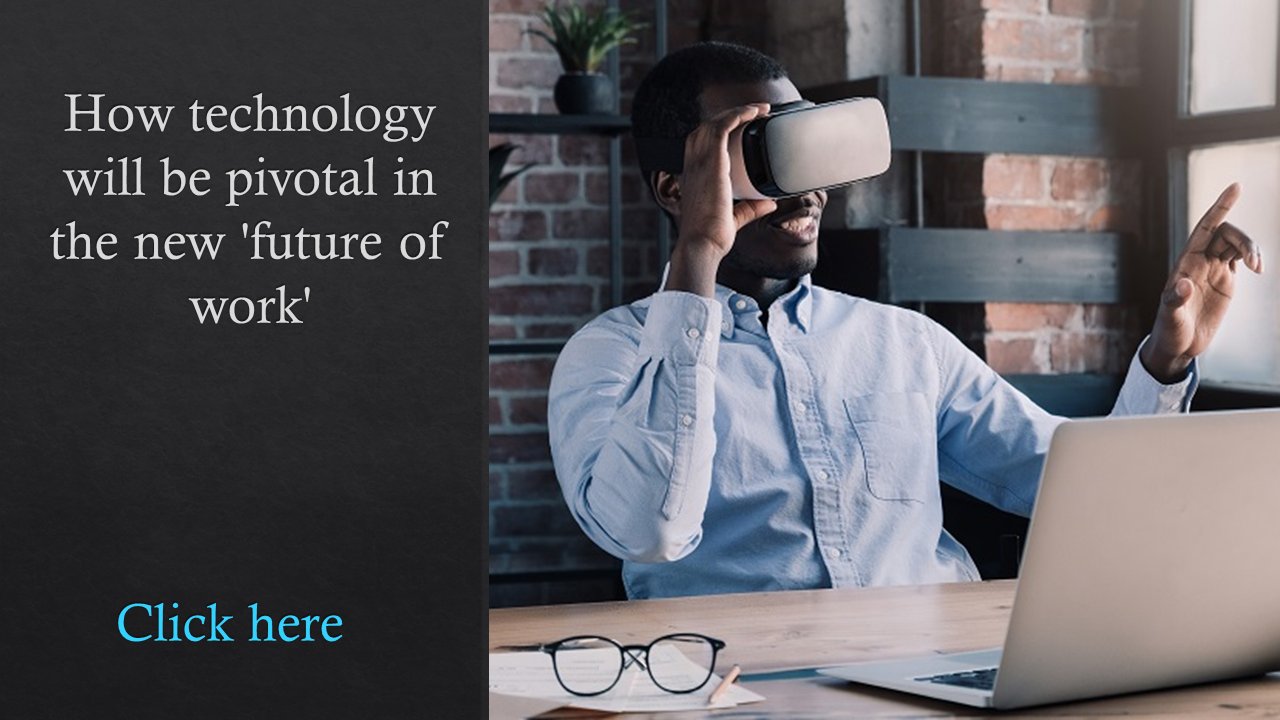As more employees have moved from the 9-5 grind to a remote world during the pandemic, HR tech has had major impacts on how workers are getting the job done.
No matter what that job is, it is likely done using and supported by tech, said Steve Boese, co-chair of the HR Technology Conference, last week during a live Q&A titled “Improving the employee experience: The technology” on HRExecutive.com. Now, he said, to leverage tech further, the question for HR is: “How do technologies evolve and adapt to embed themselves in humanity–thinking about employees first and not administrators?”
Ultimately, how does HR become more human at work? “That’s a key going forward in everything that’s related to the employee experience,” said Leapgen founder and CEO Jason Averbook during the session. “How do we let the human be human?”
We’re finally at a point where we can unlearn pre-pandemic habits and take advantage of the tech we have, he said. HR can “stop focusing on getting connected but building connection. The more we focus on that, the more we’re going to see success in workplace tech going forward.
“What 2020 provided to HR,” Averbook added, “is the chance to hit that reset button and allow our people to do the heart work and ensure the employee experience is as optimal as possible.”
Related: 6 ways the pandemic will make companies more human
For so long, HR tech has focused on self-service in the effort to enhance employee experience, Boese noted. But what about designing tools to help employees with access to support, mentors and resources as they navigate their employee journeys?
Averbook equated the opportunity that lies ahead for HR in employee experience tech to Play-Doh.
“What do I want to make? As leaders, we have to ask what our ‘now’ looks like and where tech can take us,” he said
That’s a question that tech providers have lately sought to answer, as the EX market explodes.
For instance, tech giant Workday recently bought engagement platform Peakon; Microsoft unveiled its employee experience-focused platform Microsoft Viva; and Walmart recently launched Me@Walmart, a workplace app that allows workers to clock in, schedule shifts, request time off, connect to and communicate with other workers, locate merchandise and troubleshoot daily tasks.
“There are such great tools to measure how people are feeling and ways to help managers and leaders know how their employees are,” Averbook noted. “Everyone is fragile right now, and we need to be taking their temperature constantly.”
 Also see: Here’s a look at today’s fast-changing employee experience technology
Also see: Here’s a look at today’s fast-changing employee experience technology
He suggested HR focus on two big things in creating a more human approach to EX: realizing that the pandemic isn’t over and that work has changed.
“While we in the U.S. might be in a period where we’re feeling good, we need to realize brethren around the world are hurting,” he said, so keep in mind the global nature of business. “It can come off as tone-deaf if we say ‘Let’s return to the workplace.’ We have to be human more than ever.”
Also, we’ve been fish out of water the past 18 months, he said. “Don’t just put us back in the water like nothing happened. Work has changed. Employees have changed. And, most importantly, humans have changed.”
Watch the full conversation below

